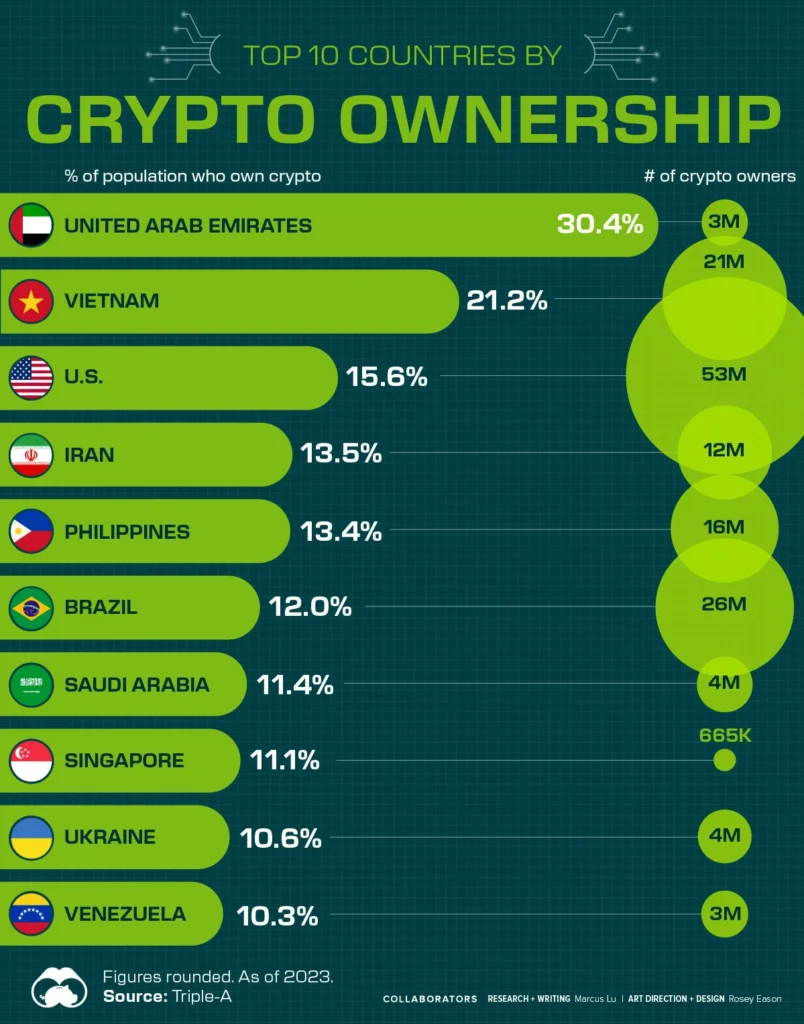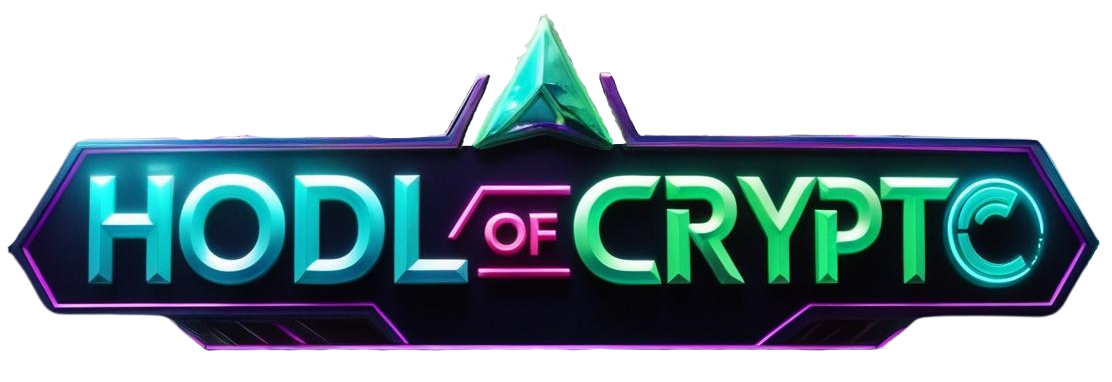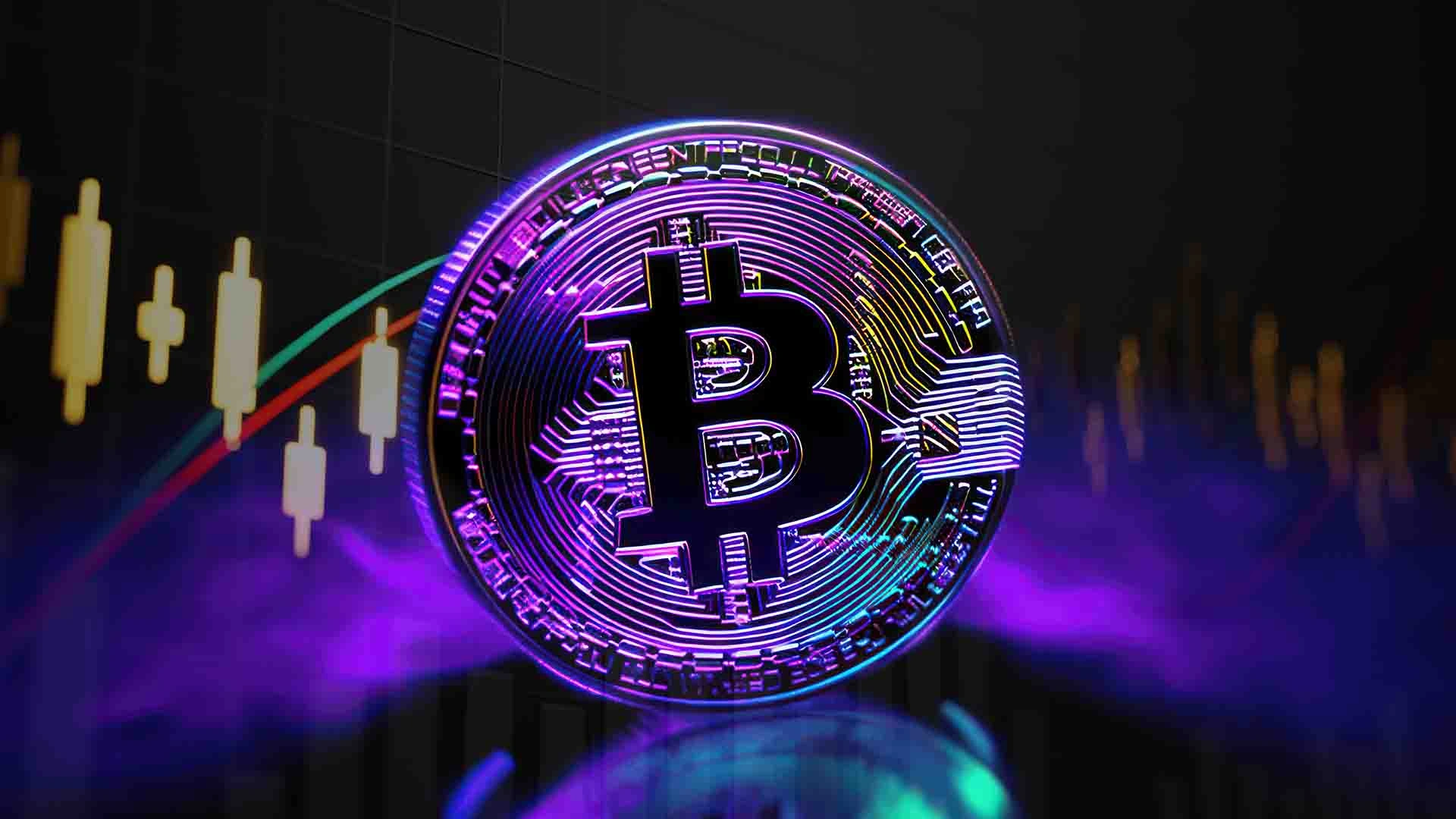Vietnam crypto adoption has quietly become one of the world’s most remarkable stories in the digital currency space. While major headlines often focus on Wall Street investors, billion-dollar exchanges, or regulatory battles in Washington and Brussels, a closer look at where everyday people are truly using crypto—for savings, remittances, or daily spending—reveals an unlikely standout: Vietnam.
According to the latest 2024 Global Crypto Adoption Index by Chainalysis, Vietnam now ranks fifth in the world for grassroots-level crypto adoption. This ranking isn’t based on sheer trading volume or institutional activity. Instead, it reflects how deeply crypto has woven itself into the lives of ordinary people. In fact, over 20 million Vietnamese citizens—roughly 21% of the population—now use digital assets, placing the country among the highest crypto adoption rates globally.
Vietnam’s crypto rise isn’t the result of slick marketing or speculative hype. Instead, it’s the product of real-world needs: making it easier to send money home, gaining access to financial services in rural areas, or finding new ways to earn and invest in a rapidly digitizing economy.
Vietnam Crypto Adoption: A Crypto Lifeline for Millions

Credit from Blockchain News
To understand Vietnam’s place in the global crypto landscape, it helps to look at the people using it. Unlike in some wealthier countries where crypto may still feel niche or experimental, many in Vietnam are turning to digital assets out of necessity.
One major reason is remittances. Each year, Vietnamese workers abroad send more than $16 billion home to their families. Traditional remittance channels—banks, wire services, fintech apps—can be slow and come with steep fees. Cryptocurrencies, especially stablecoins like USDT, allow people to send and receive money quickly, cheaply, and without intermediaries. It’s a practical solution in a country where digital wallets are often more accessible than bank branches, especially in rural regions.
But crypto use in Vietnam doesn’t stop at international money transfers. It also plays a growing role in domestic transactions and savings. In a country where financial inclusion is still a challenge, particularly outside major cities, mobile-first solutions have gained ground. Cryptocurrencies fit naturally into this mobile ecosystem, offering a flexible way to save, invest, and even spend—no bank account required.
From Blockchain Games to Billion-Dollar Flows

Credit from Tech in Asia
Vietnam’s rise in the crypto space is also tied to its unexpected leadership in blockchain gaming and digital entrepreneurship. The most prominent example is Axie Infinity, a play-to-earn game developed by Sky Mavis, a Vietnamese startup. At its peak, the game attracted hundreds of thousands of daily users worldwide and generated millions in daily revenue. For a moment, Vietnam became the epicenter of a global gaming revolution powered by crypto.
That momentum hasn’t faded. The country now hosts a vibrant Web3 community, with developers, traders, and investors driving innovation in everything from DeFi protocols to NFTs. Some of these blockchain startups have reached valuations in the hundreds of millions. Even in the aftermath of setbacks—like the 2022 $620 million hack of Axie Infinity’s network—Vietnam’s crypto community continues to grow and evolve.
Recent data shows that Vietnam handled over $120 billion in crypto flows in 2023 alone—a staggering figure, especially when you consider it’s more than a quarter of the nation’s GDP.
A Government Catching Up to a Grassroots Movement

Credit from VnExpress International
Vietnam’s relationship with cryptocurrency has gone through a dramatic transformation. Back in 2017, the government declared crypto an illegal form of payment, while tolerating its use for investment and trading. This left users in a regulatory gray area—one that did little to slow down adoption.
Over time, however, policymakers have shifted their stance, recognizing that digital assets aren’t going away. In 2025, Vietnam passed its first comprehensive Digital Technology Industry Law, which takes effect in 2026. For the first time, the law officially defines and recognizes crypto assets, laying the foundation for a formal licensing regime and tax policy. It also provides incentives for blockchain developers, including visa benefits, tax breaks, and startup support.
The government has launched a pilot program for centralized crypto exchanges and is building academic pipelines with initiatives like the Vietnam Academy of Blockchain and AI Innovation, which aims to train one million people in emerging technologies. Clearly, Vietnam no longer views crypto as a fringe phenomenon, but as a strategic industry.
Vietnam Crypto Adoption: Risks, Regulations, and Reality Checks
Despite these advances, Vietnam’s crypto ecosystem is not without challenges. The rapid growth of decentralized technologies has raised national security concerns. In recent conferences, officials have cited cases of foreign actors using digital currencies to move funds in and out of the country without detection. Meanwhile, scams and investment frauds have affected unsuspecting users, exposing the need for stronger oversight.
Law enforcement capacity is still catching up. Despite the millions of users and billions in volume, Vietnam has only prosecuted two major crypto-related cases since 2017. The lack of enforcement and consumer protections remains a key vulnerability, particularly as adoption spreads beyond tech-savvy urban youth into more vulnerable populations.
Even so, the new legal frameworks being introduced—including tighter regulation of centralized exchanges and international tax reporting compliance—suggest a future where both consumer protection and innovation can coexist.
Why Vietnam’s Ranking Matters Globally
So why should global crypto observers—and beginners trying to understand adoption trends—care about Vietnam’s ranking?
Because it tells a different story than we often hear. While much of the Western discourse around crypto focuses on volatility, ETF approvals, or regulatory gridlock, Vietnam’s experience shows how crypto can gain traction in places where the stakes are more personal. It’s not about betting on meme coins. It’s about moving money home to your family. It’s about finding financial tools where traditional ones are out of reach.
And it’s about contributing—not just consuming. Vietnamese developers, gamers, and entrepreneurs are helping shape what blockchain tech looks like in practice.
Conclusion: What Vietnam’s Crypto Journey Teaches Us
The fact that Vietnam ranks #5 in global crypto adoption, according to Chainalysis, speaks volumes about the shifting geography of innovation. It also challenges the idea that crypto is primarily for tech elites or speculative investors.
Instead, Vietnam shows us that adoption is often driven by need, not hype. From remittances and unbanked populations to Web3 startups and changing laws, the Vietnamese case offers real lessons for other emerging markets—and for anyone interested in where the digital economy is heading.
As new regulations take hold and infrastructure continues to mature, Vietnam could solidify its place as Southeast Asia’s crypto hub—not just a user of technology, but a leader in shaping it.











